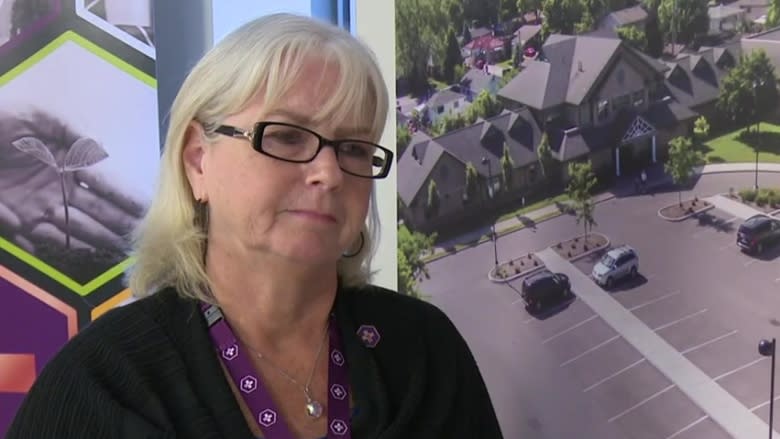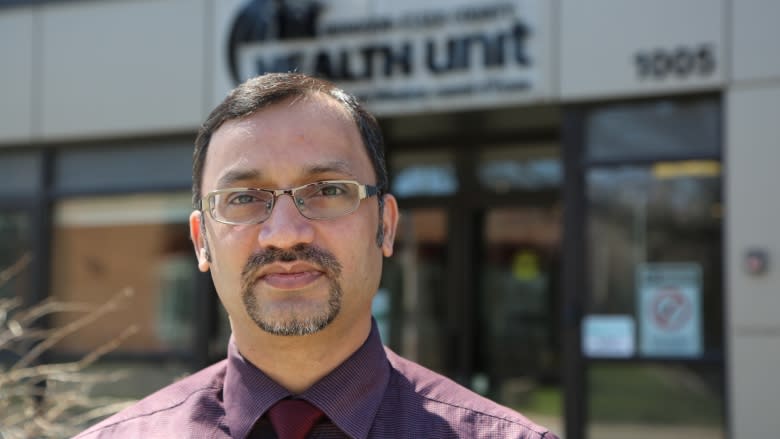Hotel-Dieu CEO says overdose prevention sites are 'necessary' for Windsor-Essex
The president and CEO of Hotel-Dieu Grace Healthcare Janice Kaffer calls the provincial government's decision to pause approvals of any new overdose prevention sites "unsurprising" — but added the centres are a necessary addition in Windsor and Essex County.
"We do not have sufficient treatment resources ... We do need treatment locally," Kaffer said.
Overdose prevention sites (OPS) are temporary harm-reduction sites where the injection of drugs is supervised. They also allow drug users to access harm reduction supplies and dispose of used needles and other drug paraphernalia.
'Overwhelming evidence of OPS benefits'
According to a letter released Friday, Health Minister Christine Elliott said the provincial government will be "reviewing the evidence and speaking to experts to ensure that any continuation of supervised consumption services and overdose prevention sites are going to introduce people to rehabilitation and ensure people struggling with addiction will get the help they need."
Kaffer said there is overwhelming evidence which proves that overdose prevention sites save lives. She added hospital officials have made it clear they want an overdose prevention site in Windsor, despite disagreement from some residents who say overdose prevention sites encourage drug use.
"We understand that there are different views on this. During this pause that government is taking to review the evidence, I would encourage everyone to review the evidence as well."
She added the role of an OPS would be to provide a "continuum of care," allowing people to have their drug use managed and even prevent deaths.
Kaffer also said Hotel-Dieu officials have always taken the position that partnering with government is "the way to go forward," adding the hospital enjoyed a good relationship with the previous Liberal regime — one she hopes will continue under the Ford government.
"They fund our services here and we have a great deal of faith in Minister Elliott that she's going to do the right kinds of things for the community," Kaffer said. "She has a history of being a solid parliamentarian."
Decision 'puts many people at risk,' says health unit
Health officials such as Dr. Wajid Ahmed, acting medical officer of health at the Windsor-Essex County Health Unit, have now been left to wonder what the provincial government's next move will be. He said Windsor and Essex County are experiencing an opioid crisis — one that will not go away unless appropriate action is taken.
"An overdose prevention site is a quick short-term [move] but an important response from the ministry about a much bigger problem of drug use in the community," he said.
"So putting that on hold definitely puts many people at risk."
According to Ahmed, opioid use continues to "trend upward" based on admissions to the health unit's emergency department.



